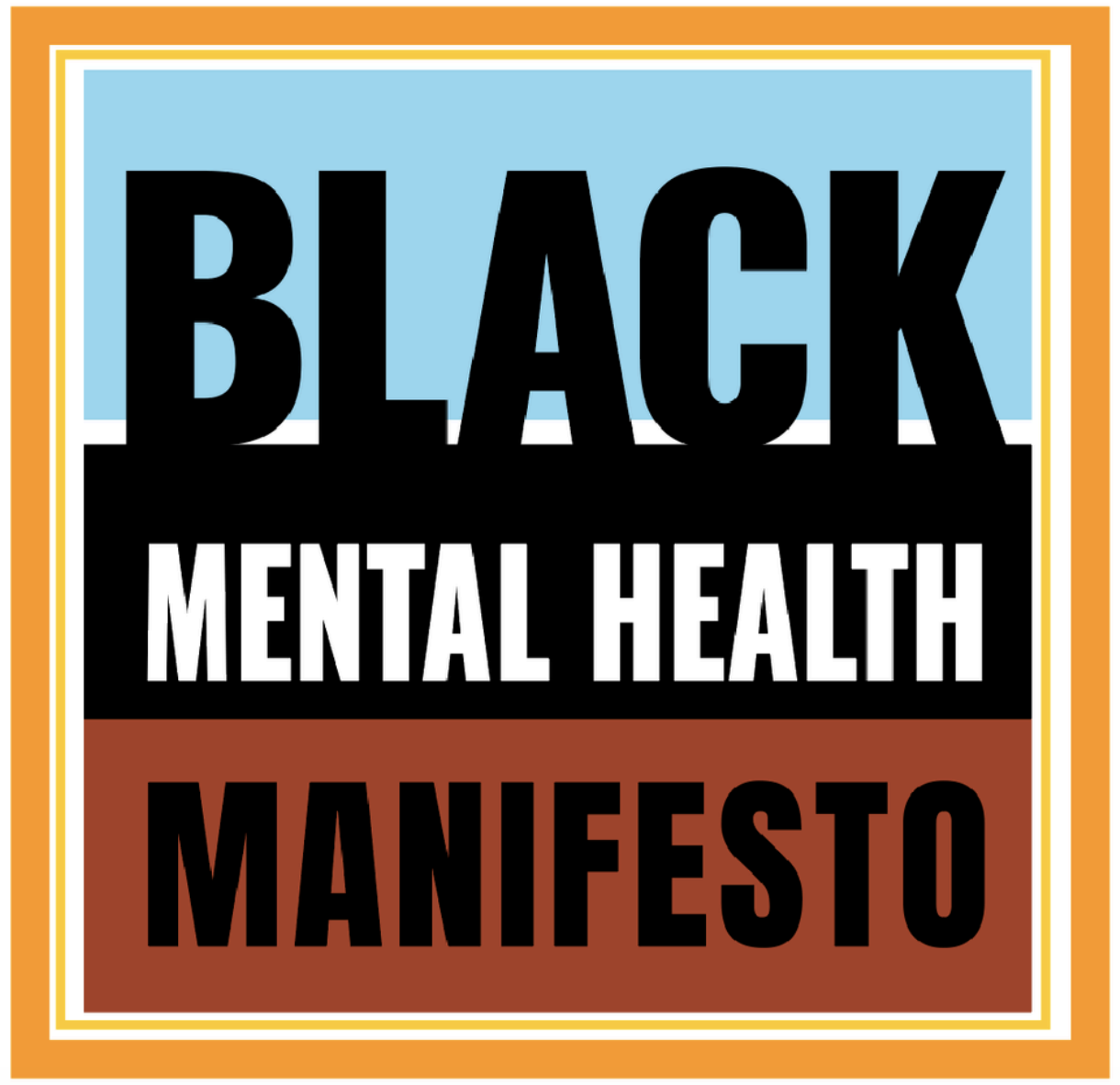Black Women Are Being Let Down By Maternal Healthcare
Recent Five X More report highlights alarming disparities in maternal healthcare for Black women in England, revealing deep-rooted systemic issues that urgently need addressing. At Nafsiyat, we see the profound impact these disparities have on mental health, with many Black mothers feeling unheard and dismissed by healthcare professionals. This can lead to long-lasting trauma, anxiety, and depression.
From Persecution to Safety: How Nafsiyat Helped Habib Secure Asylum
At Nafsiyat, our Community Links & Social Justice (CLSJ) Team recently supported Habib, a young man from the Middle East who fled his country after facing severe persecution for reporting a human rights violation. Upon arriving in the UK, Habib encountered numerous challenges, including a language barrier that led to a critical error in his asylum paperwork, further delaying his case.
Success: Our Intercultural Therapeutic Support Project
Nafsiyat has embarked on a three-year collaboration with the National Lottery Community Fund starting June 2023: our Intercultural Therapeutic Support Project. This partnership aims to develop a community-based psychotherapy model for those facing acute mental distress who are not currently accessing mental health support and are marginalised due to their race, cultural background, or status as refugees or asylum seekers.
The Black Mental Health Manifesto
At Nafsiyat, we support the strides made by the Black Mental Health Manifesto in advocating for transformative UK policies that protect and enhance the mental health experiences of individuals from Black communities. It is initiatives like these that catalyse real change, ensuring mental health care is both inclusive and effective.
Nafsiyat Case Study: A’s Path to Confidence
Learn how A navigated the complexities of life post-divorce while living with her ex-husband and how therapy empowered her to reclaim her strength and envision a brighter future. Read about A's transformative experience in therapy, where she confronted her past, acknowledged her resilience, and began to lay the groundwork for a more hopeful and independent life. Understand the pivotal role of a culturally empathetic therapeutic approach and how speaking her native language, Turkish, deepened A's therapeutic experience, fostering trust and understanding.
STRONG BLACK MALE: In an article for the Barber Shop Chronicles, Baffour Ababio looks at why men in black communities avoid speaking out about mental health
This article delves into the pervasive fear associated with mental health discussions, particularly highlighting how cultural perceptions influence these fears among London's ethnic minority groups. It examines the stigma attached to mental health in various cultures, using examples from Accra, Ghana, and its reflection in public perceptions and language. The narrative then transitions to the author's personal journey and advocacy for better mental health understanding and services within the black community in the UK, emphasizing the critical role of early intervention and culturally sensitive approaches. The piece advocates for innovative collaborations, like those between barbers and therapists, to enhance mental health awareness and support within these communities.
Race Discrimination Within NHS Trusts
Concerns Raised by UK vs. Internationally Trained Staff
71.0% of UK trained staff have raised race discrimination as an issue, compared with 53.1% of internationally trained staff.
75.7% of respondents didn’t raise A concern due to scepticism about change
63.5% feared being labelled as troublemakers
Only 5.4% of staff felt their concerns were taken seriously and satisfactorily addressed
David Harewood’s “Maybe I Don’t Belong Here”
In his compelling narrative, 'Maybe I Don't Belong Here', David Harewood delves into the heart of what it means to grow up Black and British, unveiling the profound impact of racism on mental health through a tapestry of personal anecdotes and societal reflections. Harewood's account, marked by his own experience of being sectioned under the Mental Health Act, shines a light on the systemic biases and racial traumas that fuel mental health crises within the Black community.




















